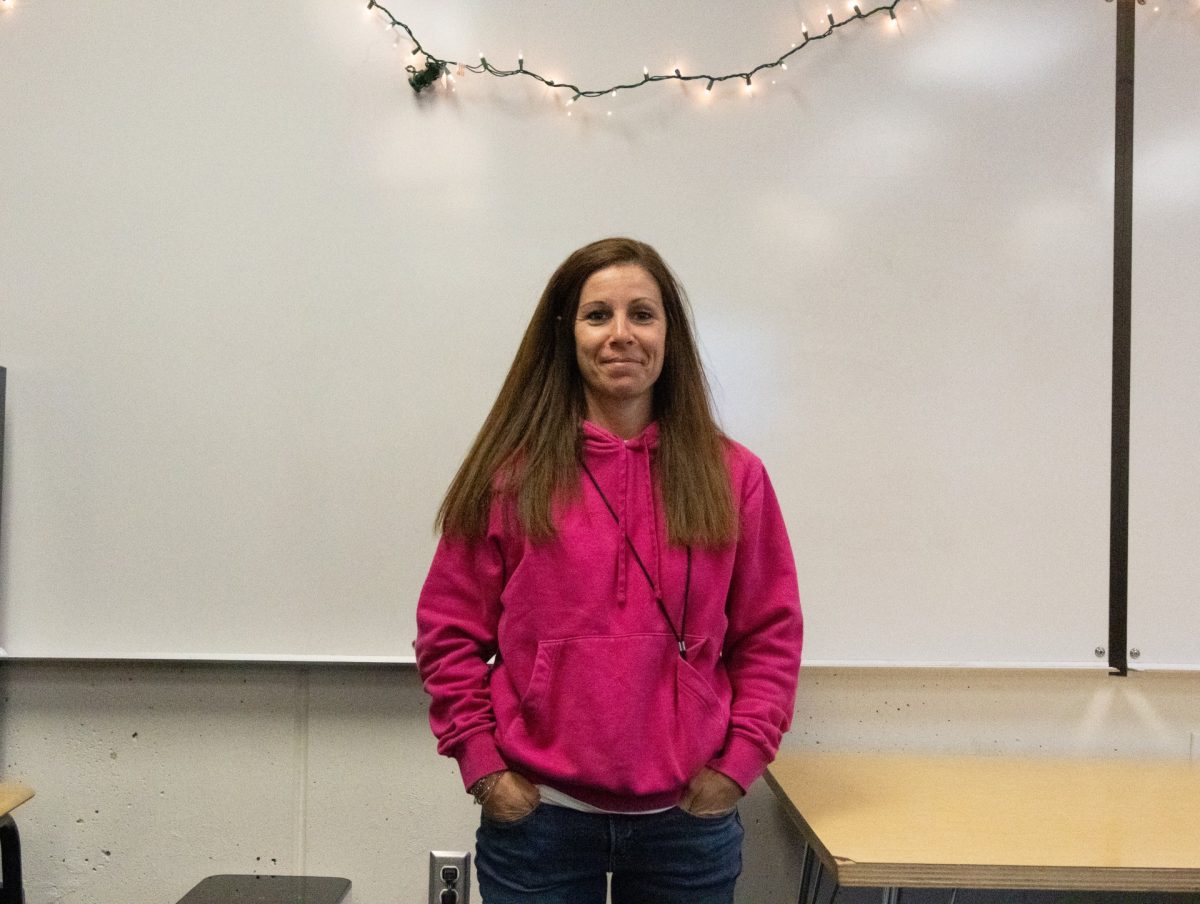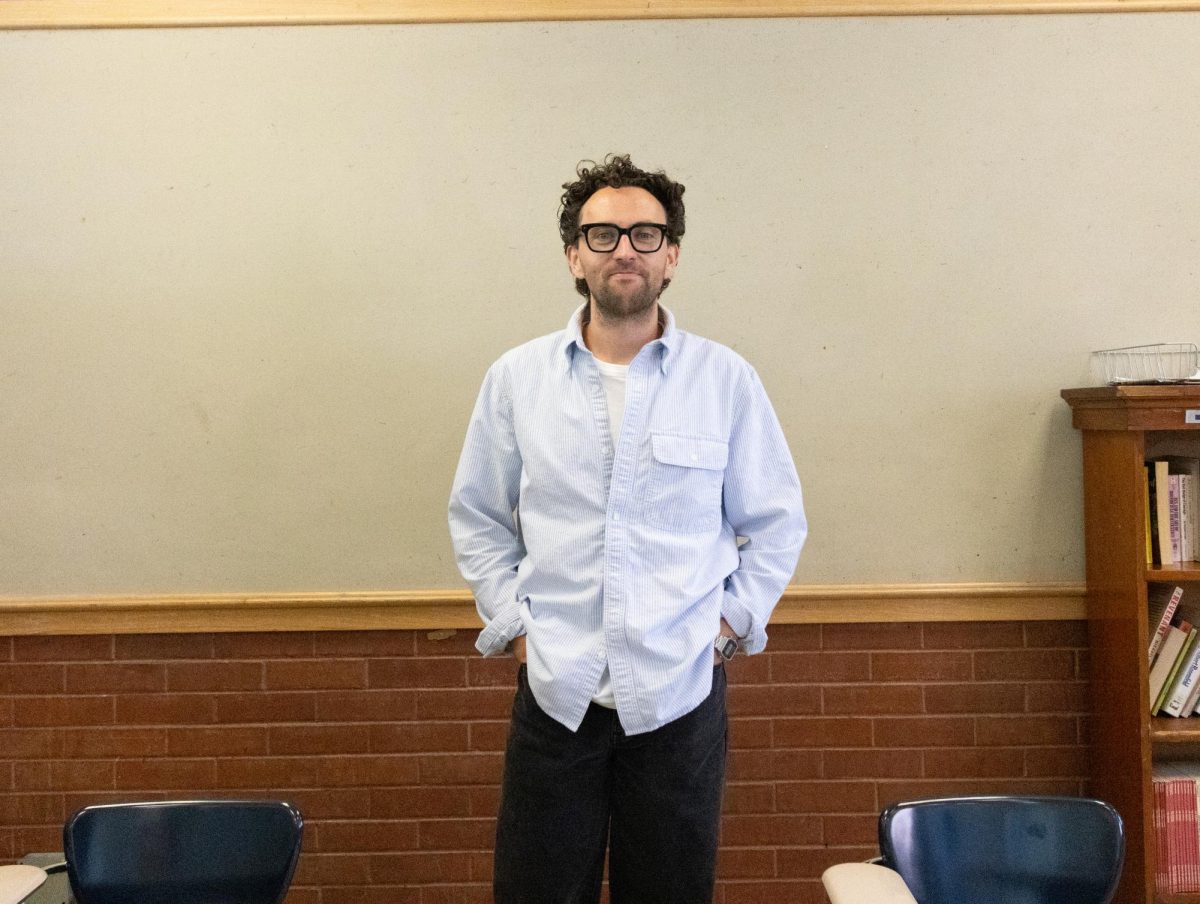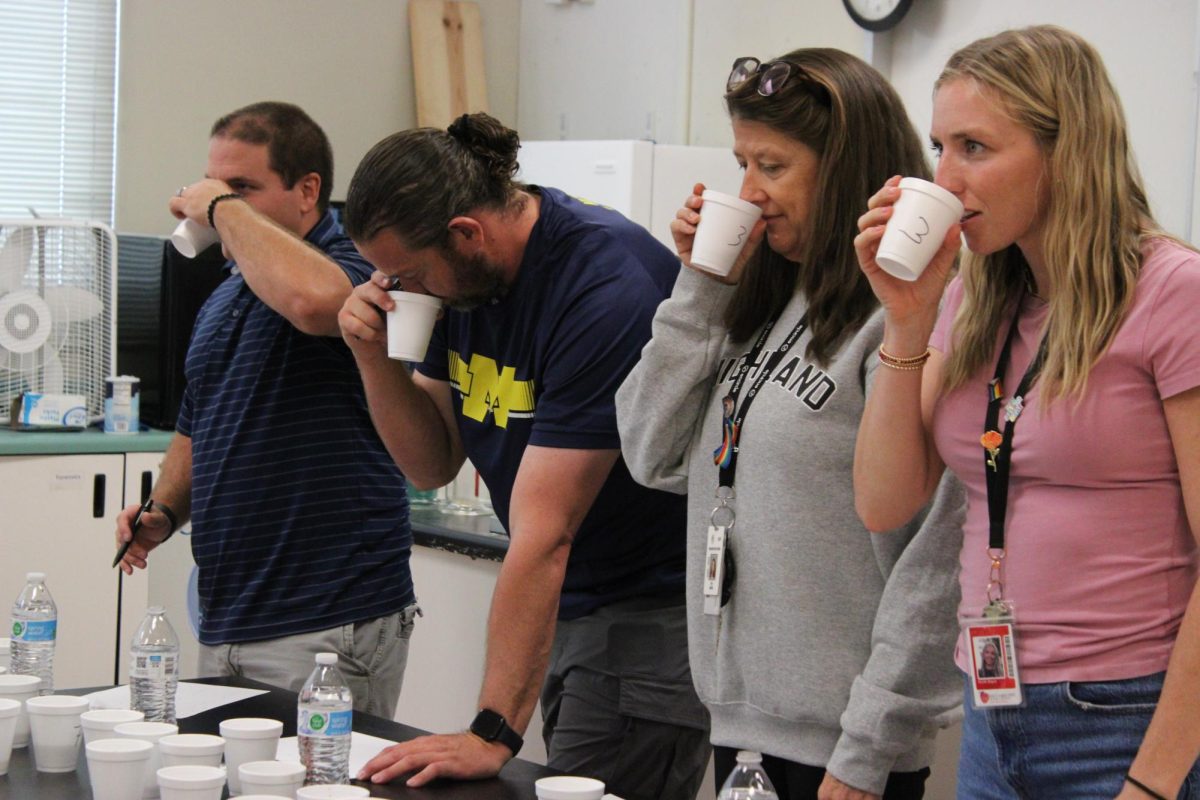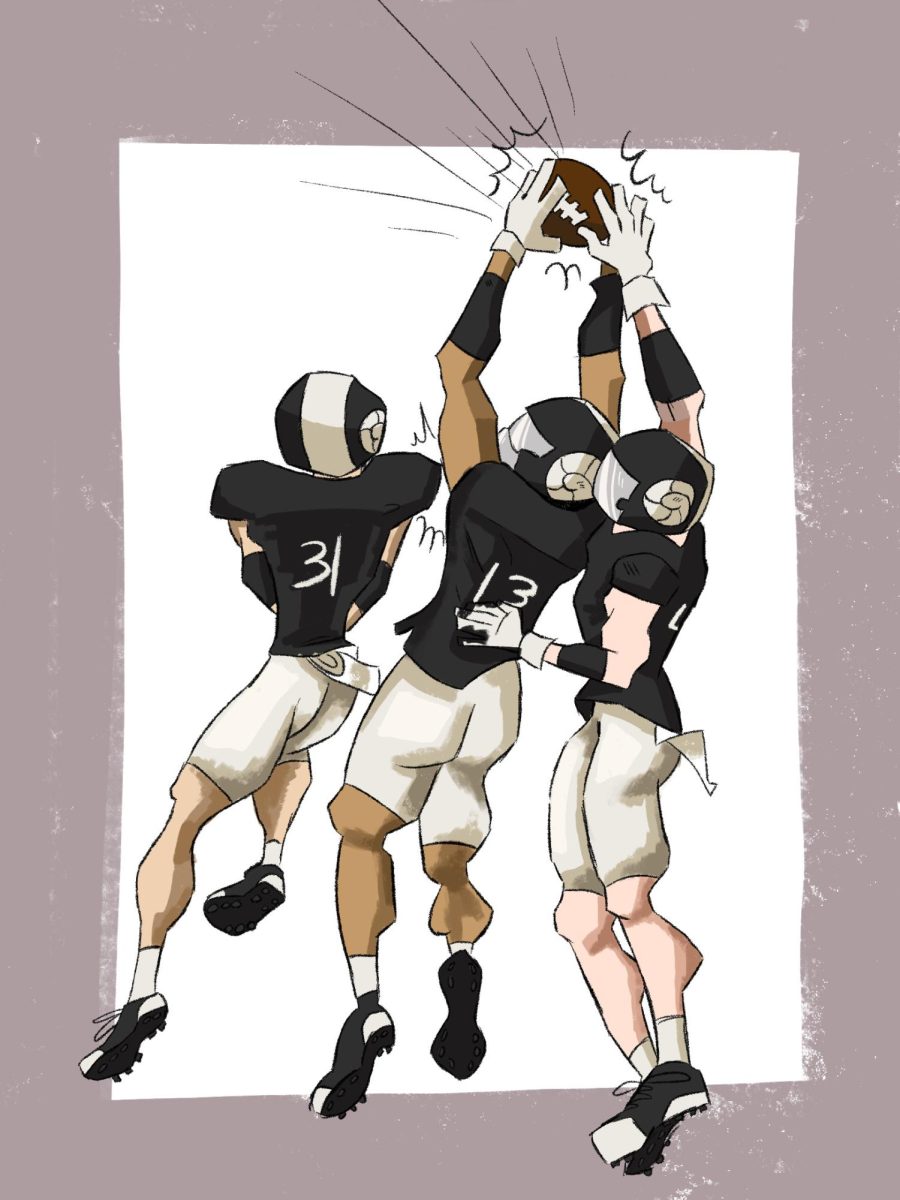Often when watching TV or movies portraying the behavior of high school, audiences watch as many dramatized versions of high school unfold before their eyes. The characters who are student athletes often suffer no consequences for what an average high school student would say is unacceptable behavior, considering how these characters conduct themselves both inside and out of school.
But this is not the case for most average students who are part of high school affiliated sports or extra curriculars.
Every Highland student is a representation of the school in the eyes of the administration and others in the community. This is especially true of athletes because they wear more Highland affiliated clothing and are in the spotlight.

These students are often supposed to exhibit their best behavior in all things as they can be recognized as students at their school, and they need to present themselves as such.
This is why when they participate in behaviors such as underage drinking, vandalism, or road rallies, it is considered more harmful to Highland. The administration is trying to protect students and the school’s reputation.
This is especially important in this day with the rate information travels due to social media and how quickly people are to cast judgment. With just a few clicks, someone’s reputation can be ruined.
However, for many students this can become a true conflict when they get in trouble for their activities outside of their representation of the school.
Highland has had to wrestle with this issue. Should students who represent the Rams on more levels, say from a team standpoint, have to maintain the same in school standards when they are not in a school or team setting?
Many teams at Highland form closer bonds as they work together over a school year, and those teammates continue their friendships year after year as they continue to be on the same team together.
This often means a variety of social activities and fun between teams becoming more like friends hanging out rather than small level social gathering for small scale team bonding.
At Highland specifically, many teams of girls (and on occasion, teams of boys) are known to participate in “road rallies”. A road rally is a dare night where the teams are split into cars and given an allocated amount of time to complete a list of dares and receive points.
However, these activities don’t always represent the school in the proper light, often leading to students feeling pressure to complete dares they wouldn’t otherwise wish to do, which is when the administration would get involved.
“I don’t have control of whether or not games go on,” Highland principal Jeremy Chatterton said. “Just like I don’t have control of whether or not there’s a road rally. People are just going to do it, but I just have control over the consequences.”
As principal, Chatterton has to look into levied complaints surrounding Highland students and their clubs or teams, which occasionally leads to certain social activities not being permitted for the safety of students.
This has sometimes led students to try and find workarounds, like claiming that they are not doing these activities as a team, but rather as a group of friends outside of school.
“I think it’s something that like if the only people there are on [a certain] team, we can easily say ‘no, this wasn’t just a group of friends getting together daring each other,’” Chatterton said. “That’s something that we’re really looking at. If these are parties that are specific to a certain team or group, even if it happens during the summer, that’s still a representation of Highland no matter what it is.”
This matter of representing Highland in the best way also brings forward many issues for the soon to graduate senior class.
At some point during the month of May, a mere matter of weeks before graduation, many students in the senior class participate in the game of “Gotcha”.
This game is a variation of tag, fugitive, and basic stalking all rolled into one marathon event. Every senior playing receives a fellow senior target to stalk and must get that person out before the round ends, or they are also eliminated.
Although the game has rules set to help keep students safe and everyone playing is supposed to follow state laws while driving around, the highly competitive game can often lead to car chases, wild behavior, trespassing, and many more things that could be considered unacceptable behavior.
For seniors who are part of teams, although their team activities may be over, it could be a scary risk to take if there was a possibility of them losing out on walking during graduation, or any chords or merit-based awards things they have earned on account of being a part of their team.
Except although still disliked, administrators often view the game of Gotcha in a different light.
“Gotcha is a little bit different in the way that I don’t believe there’s the underlying pressure to participate,” Chatterton said. “I could be totally wrong, but I think it’s somewhat like most seniors probably want to because it’s silly and fun. What concerns me in Gotcha is the unsafe parts of it, … I know that they do say this is in no way affiliated with the school.”
Chatterton sees this as a more lighthearted thing than what other team socials can turn into and would only need to get involved if there was an official complaint of a student acting in an inappropriate manor and twisting the game into something it is not.
As the tradition of Gotcha begins at the end of this school year and new officers, captains, and leadership are chosen for teams with the seniors graduating, Highland administration will wait to see if teams follow through with traditions or follow through with representing Highland in the best light.































